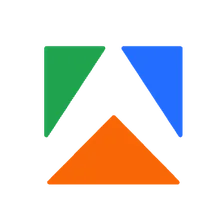Facebook Events Scraper
Pricing
Pay per event
Facebook Events Scraper
Facebook Events Scraper extracts data such as event name, location, description or number of users who are interested. You can use URLs of specific events or come up with search queries and explore pretty much unlimited number of events. Search queries can be combined with various search filters.


